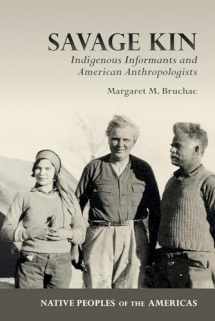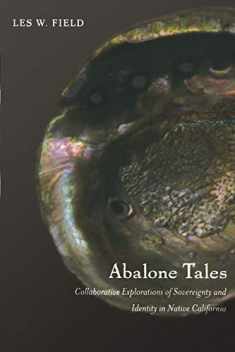
Savage Kin: Indigenous Informants and American Anthropologists (Native Peoples of the Americas)
Book details
Summary
Description
In this provocative new book, Margaret M. Bruchac, an Indigenous anthropologist, turns the word savage on its head. Savage Kin explores the nature of the relationships between Indigenous informants, such as Gladys Tantaquidgeon (Mohegan), Jesse Cornplanter (Seneca), and George Hunt (Tlingit), and early twentieth-century anthropological collectors, such as Frank Speck, Arthur C. Parker, William N. Fenton, and Franz Boas.
This book reconceptualizes the intimate details of encounters with Native interlocutors who by turns inspired, facilitated, and resisted the anthropological enterprise. Like other texts focused on this era, Savage Kin features some of the elite white men credited with salvaging material that might otherwise have been lost. Unlike other texts, this book highlights the intellectual contributions and cultural strategies of unsung Indigenous informants without whom this research could never have taken place.
These bicultural partnerships transgressed social divides and blurred the roles of anthropologist/informant, relative/stranger, and collector/collected. Yet these stories were obscured by collecting practices that separated people from objects, objects from communities, and communities from stories. Bruchac’s decolonizing efforts include “reverse ethnography”—painstakingly tracking seemingly unidentifiable objects, misconstrued social relations, unpublished correspondence, and unattributed field notes—to recover this evidence. Those early encounters generated foundational knowledges that still affect Indigenous communities today.
Savage Kin also contains unexpected narratives of human and other-than-human encounters—brilliant discoveries, lessons from ancestral spirits, prophetic warnings, powerful gifts, and personal tragedies—that will move Native and non-Native readers alike.


We would LOVE it if you could help us and other readers by reviewing the book
Book review




